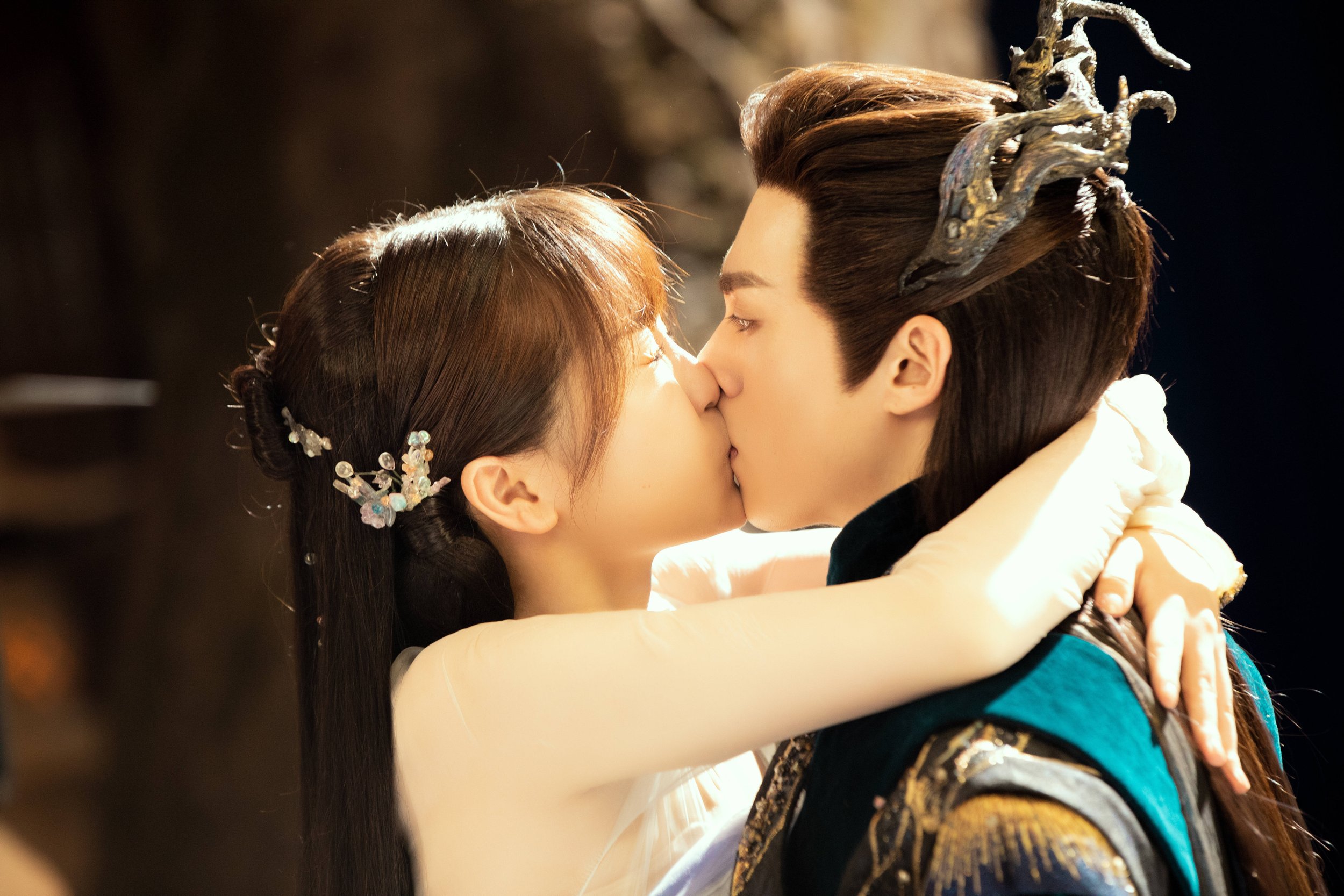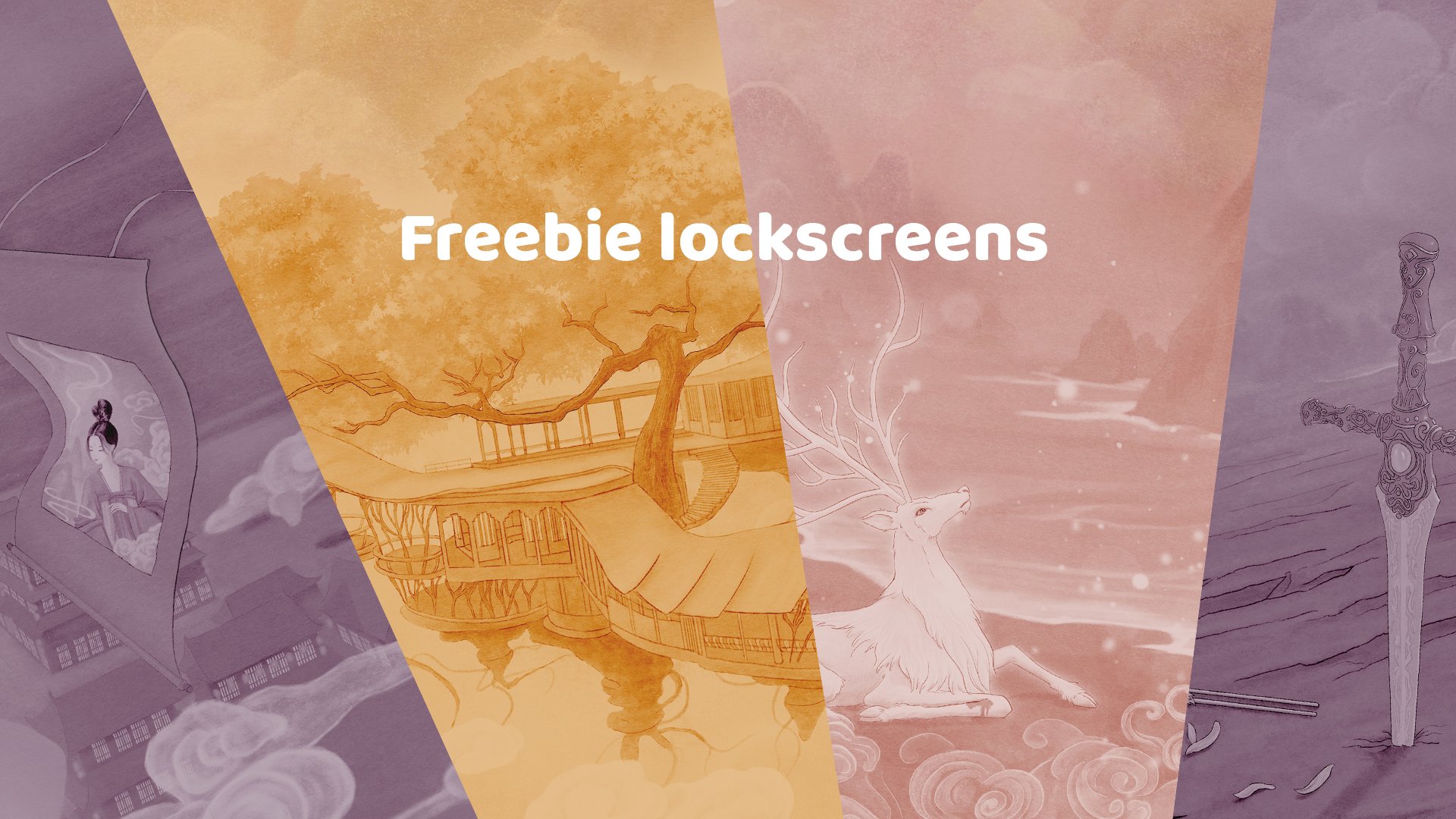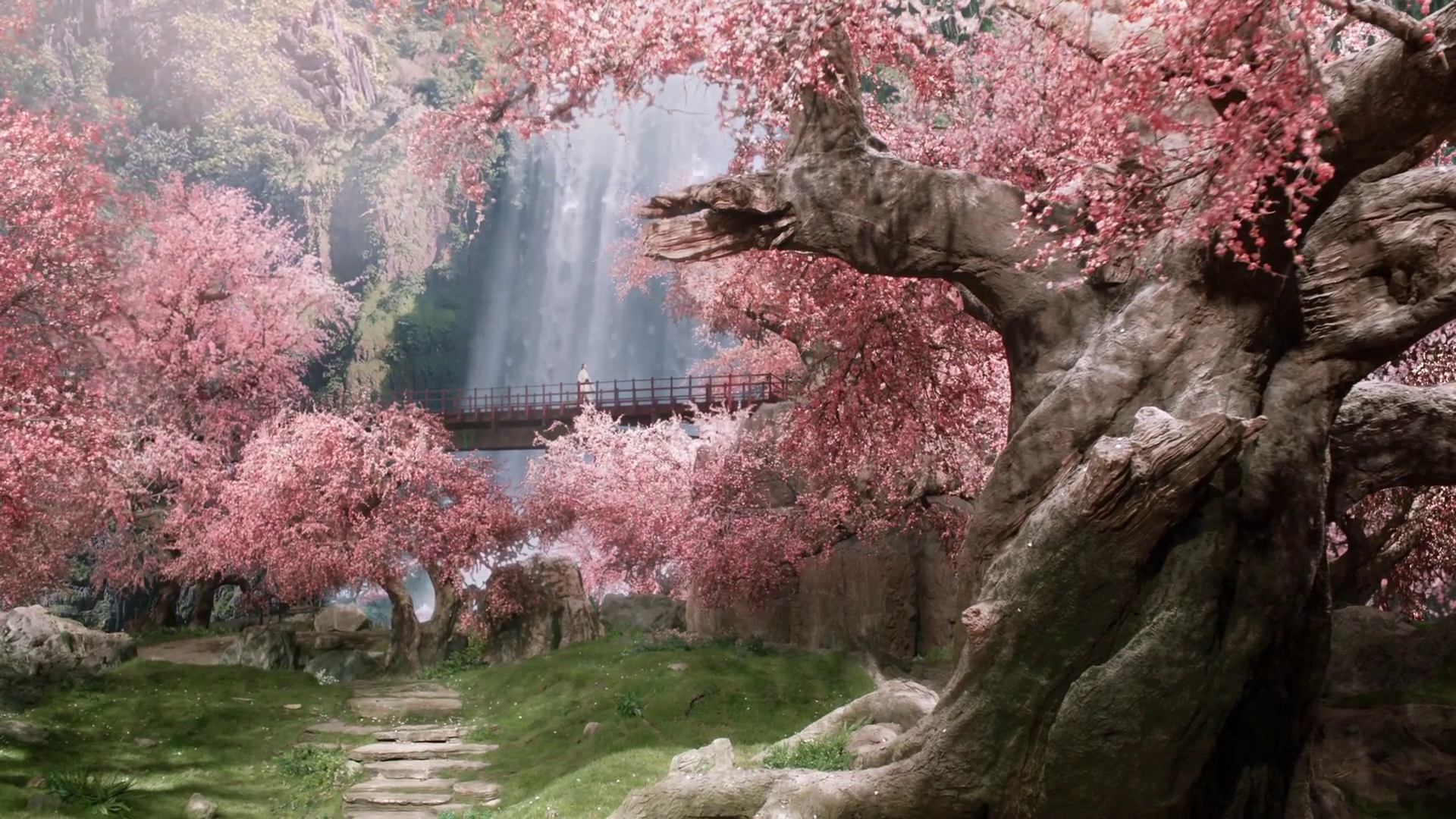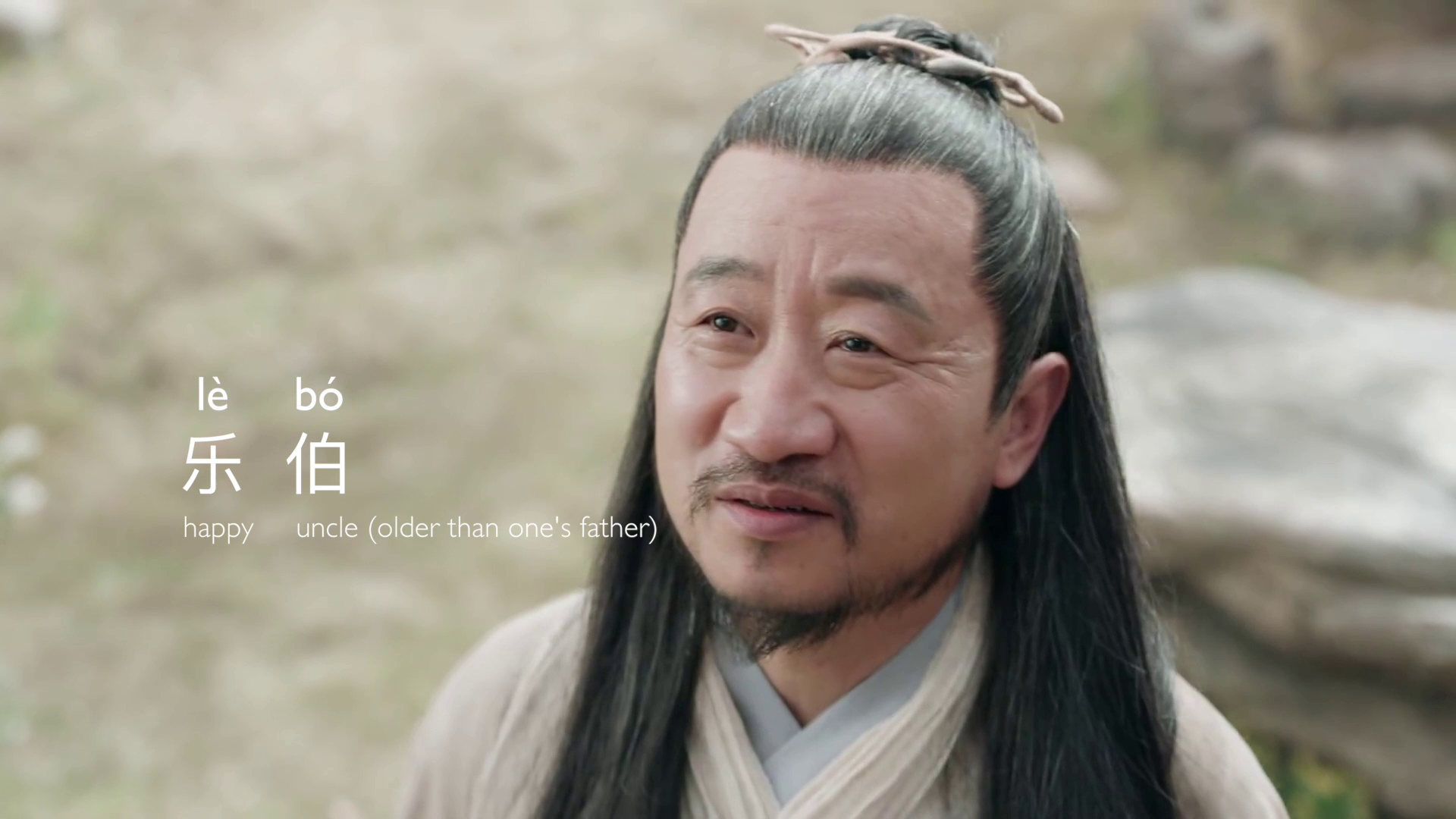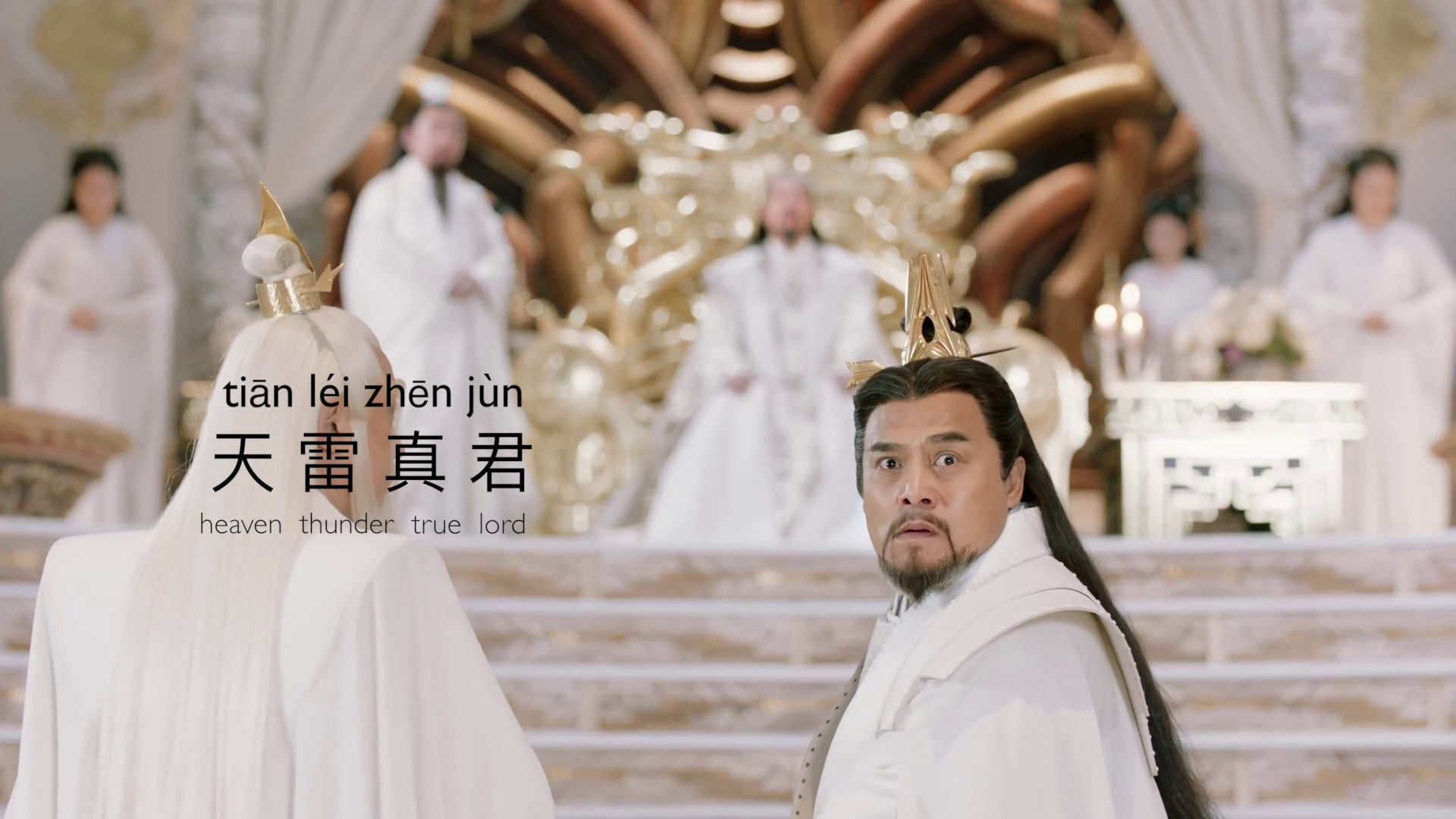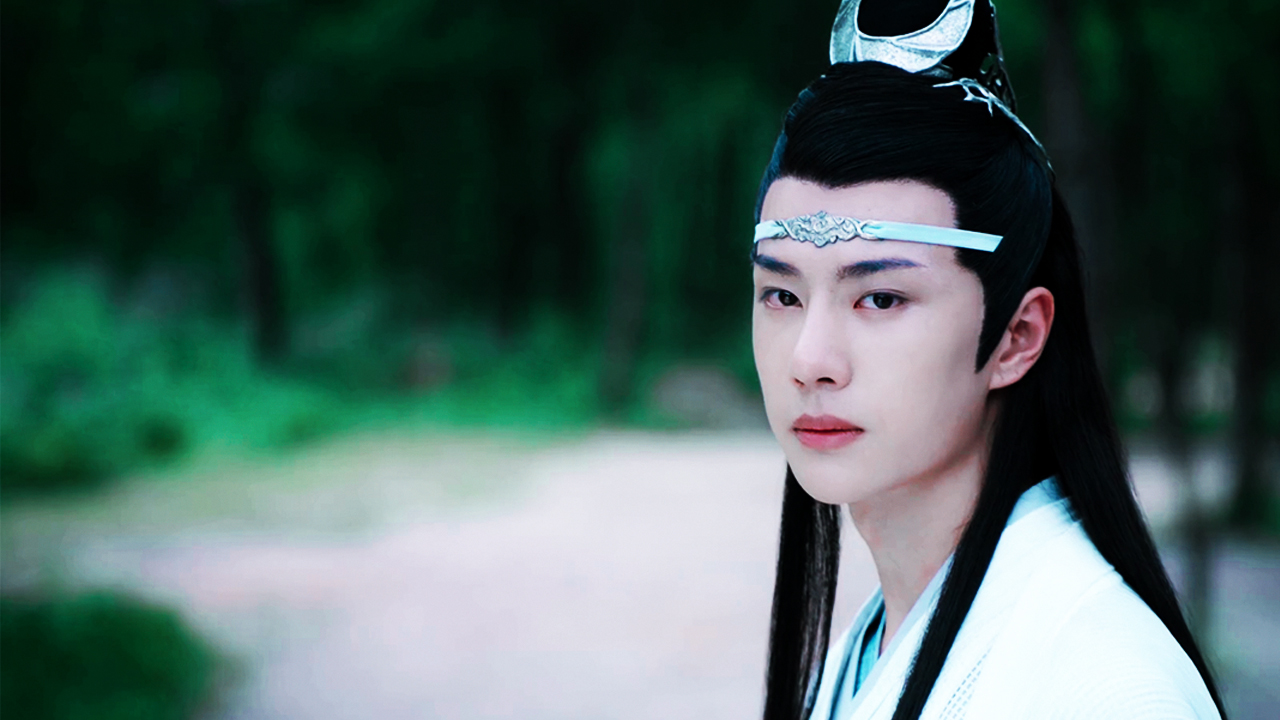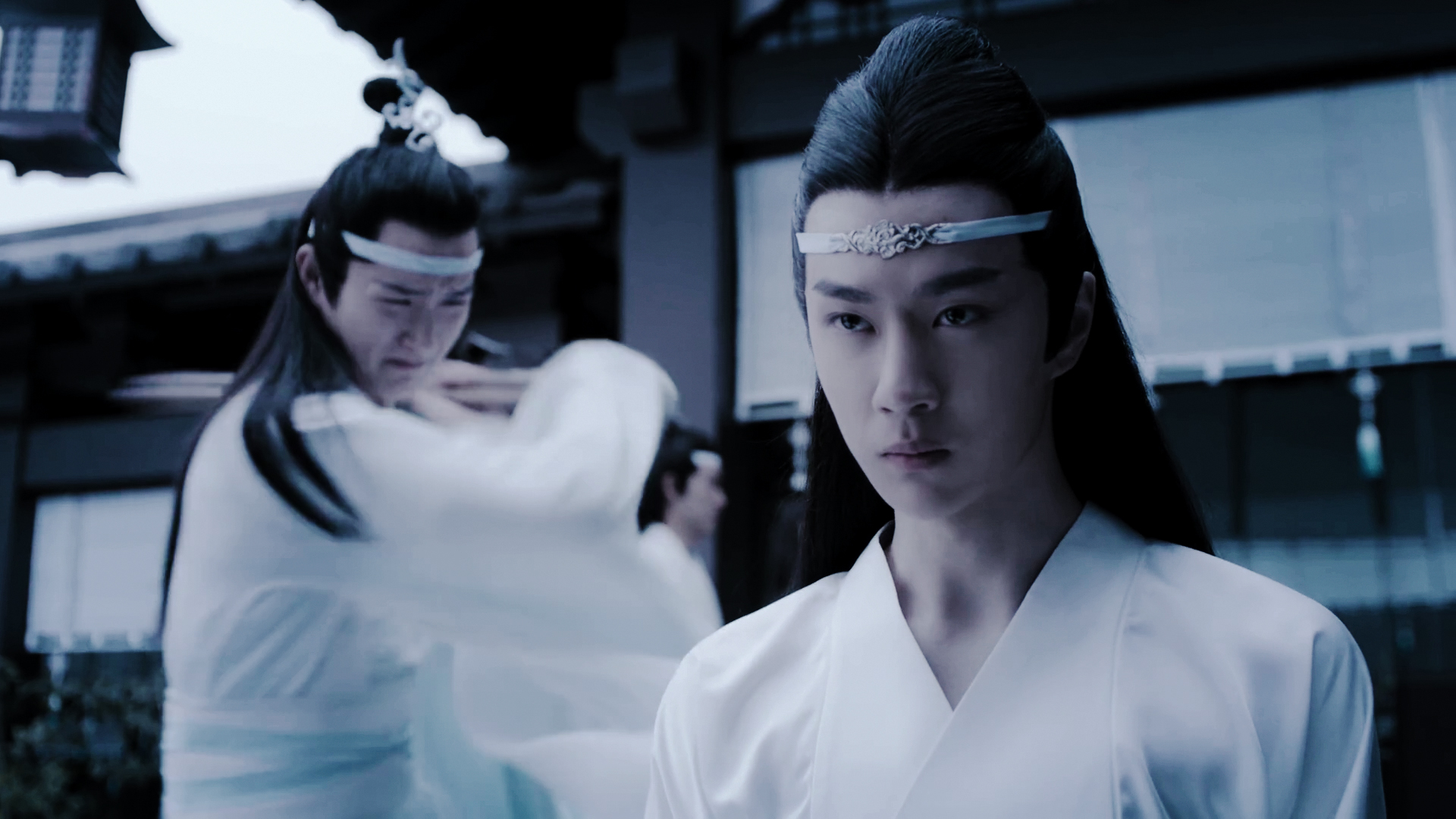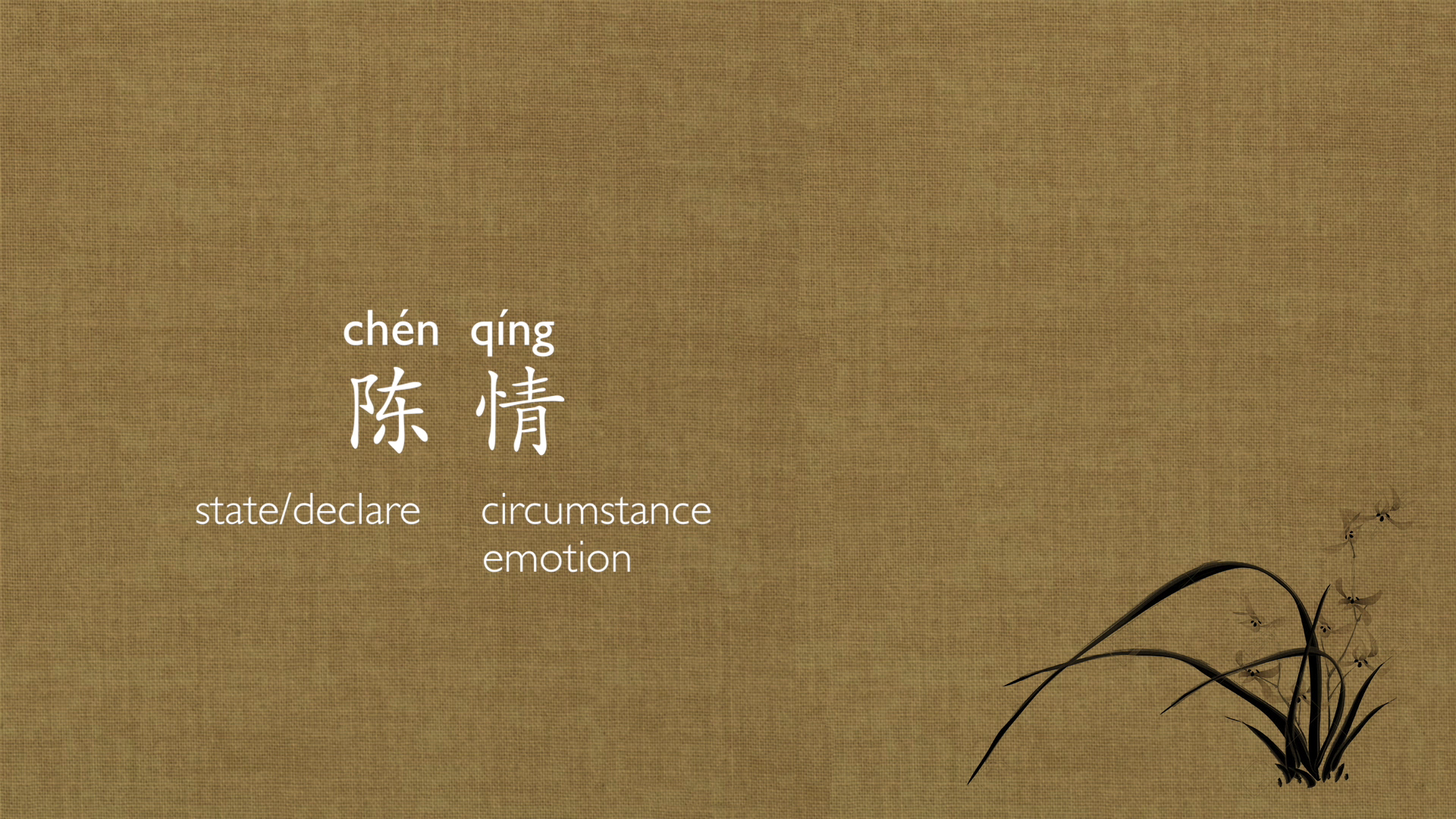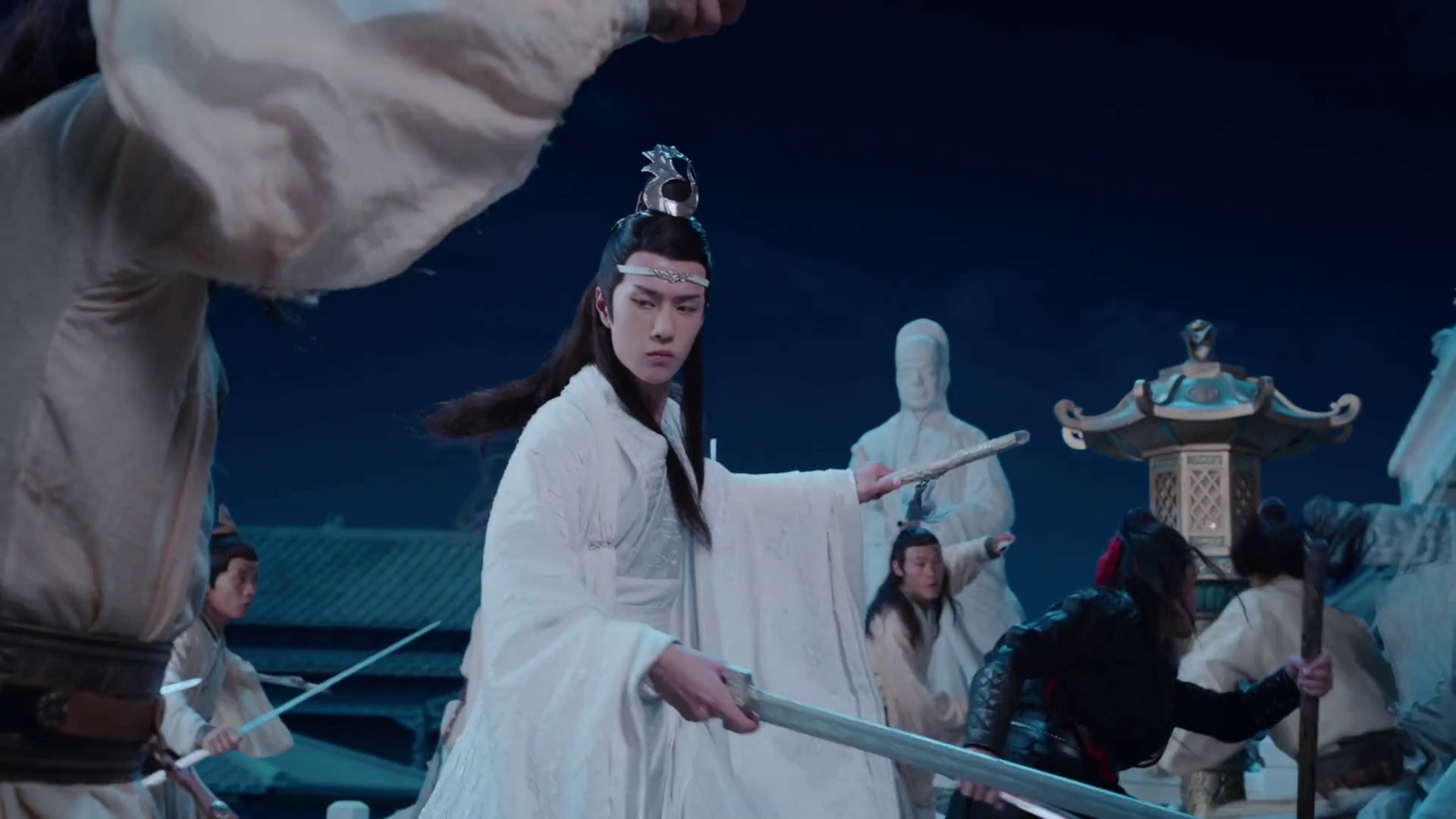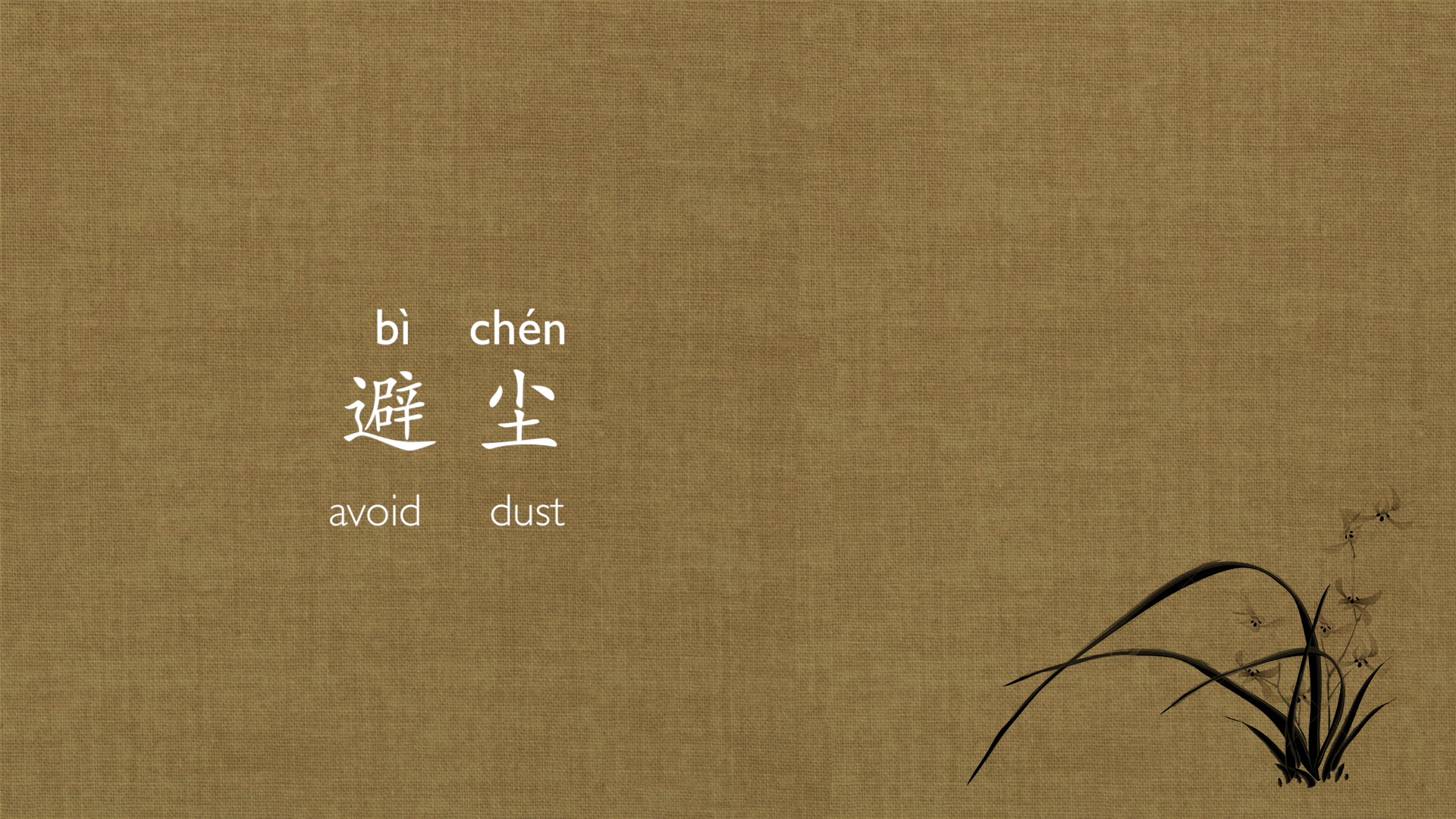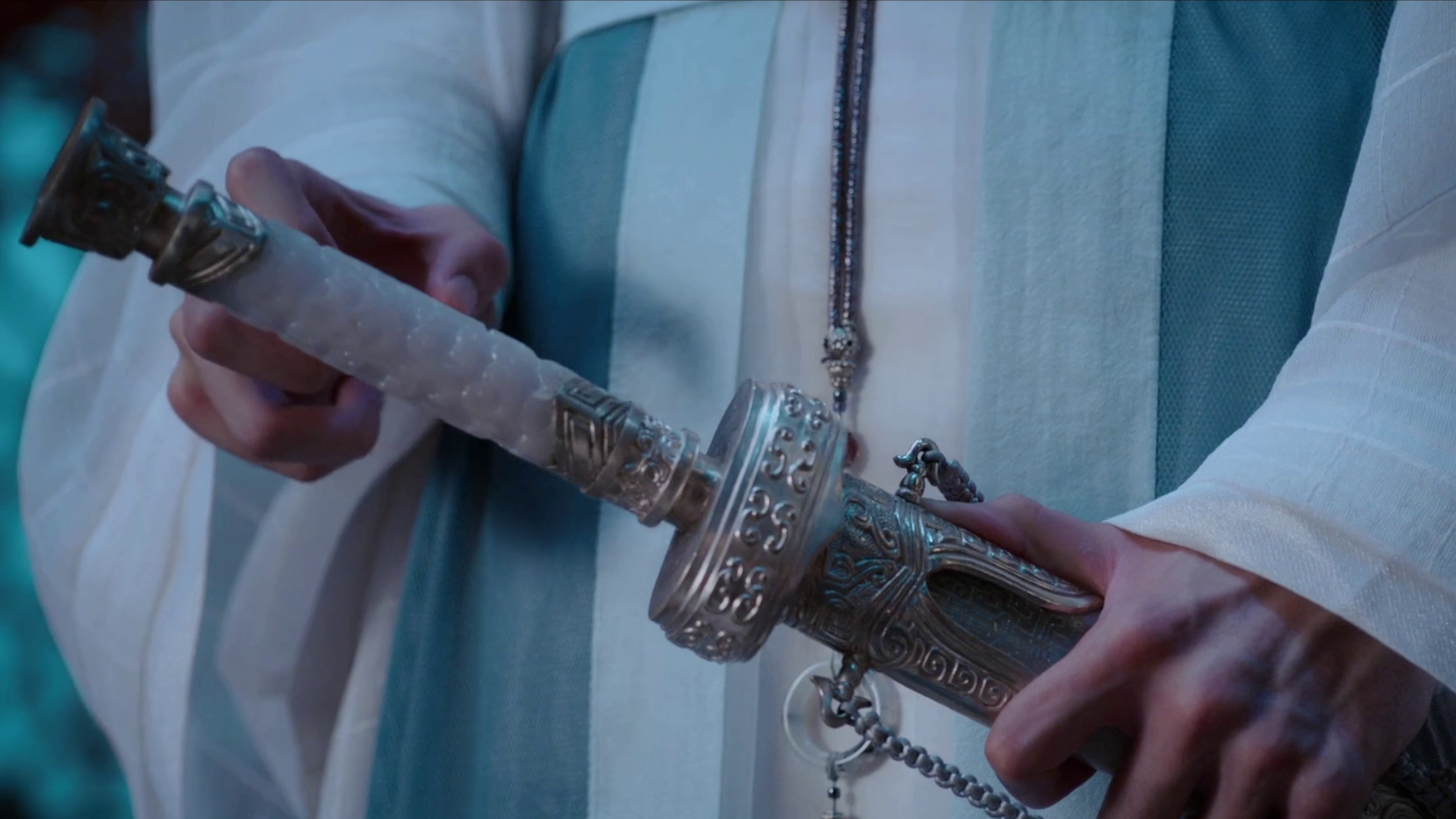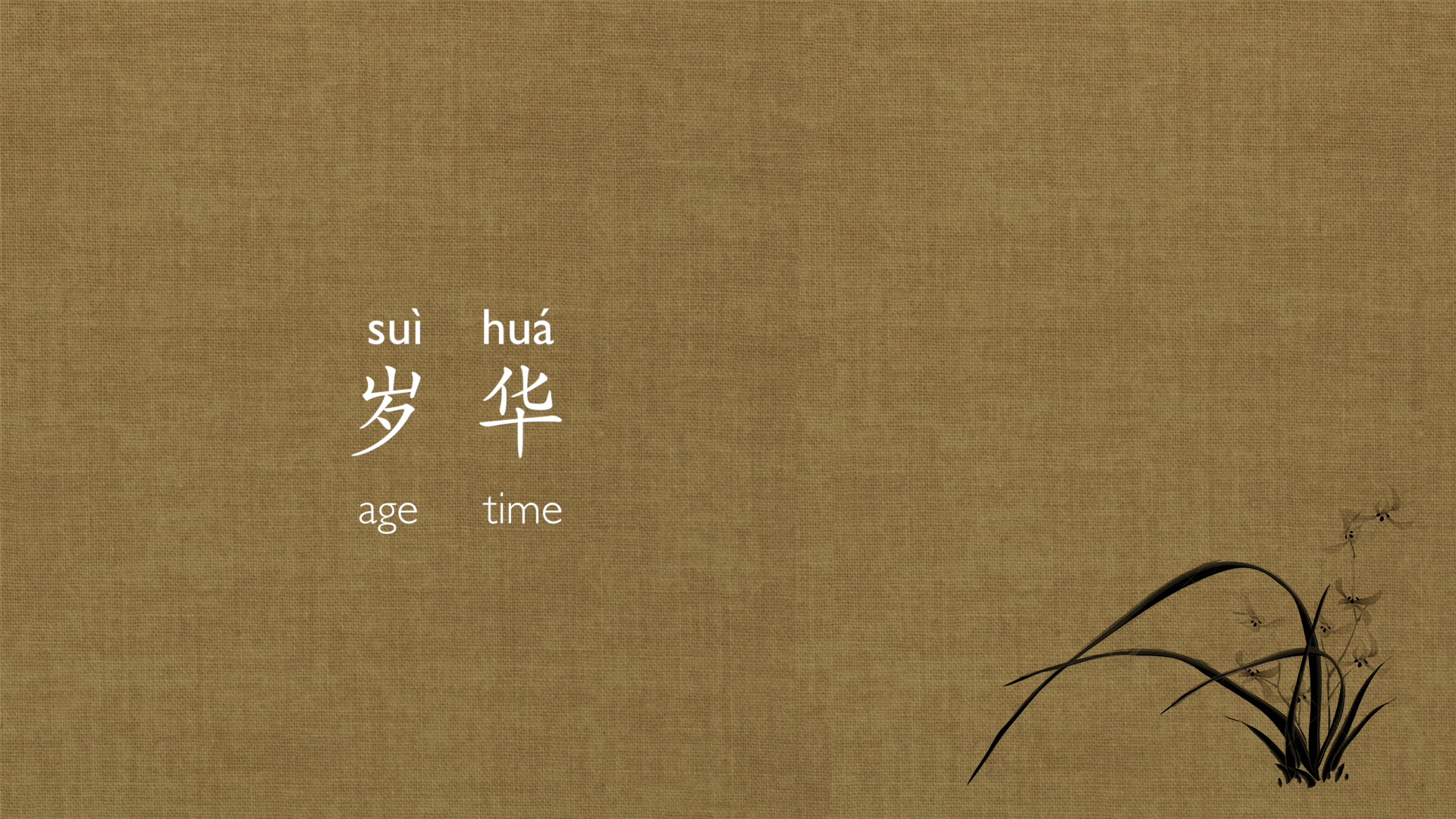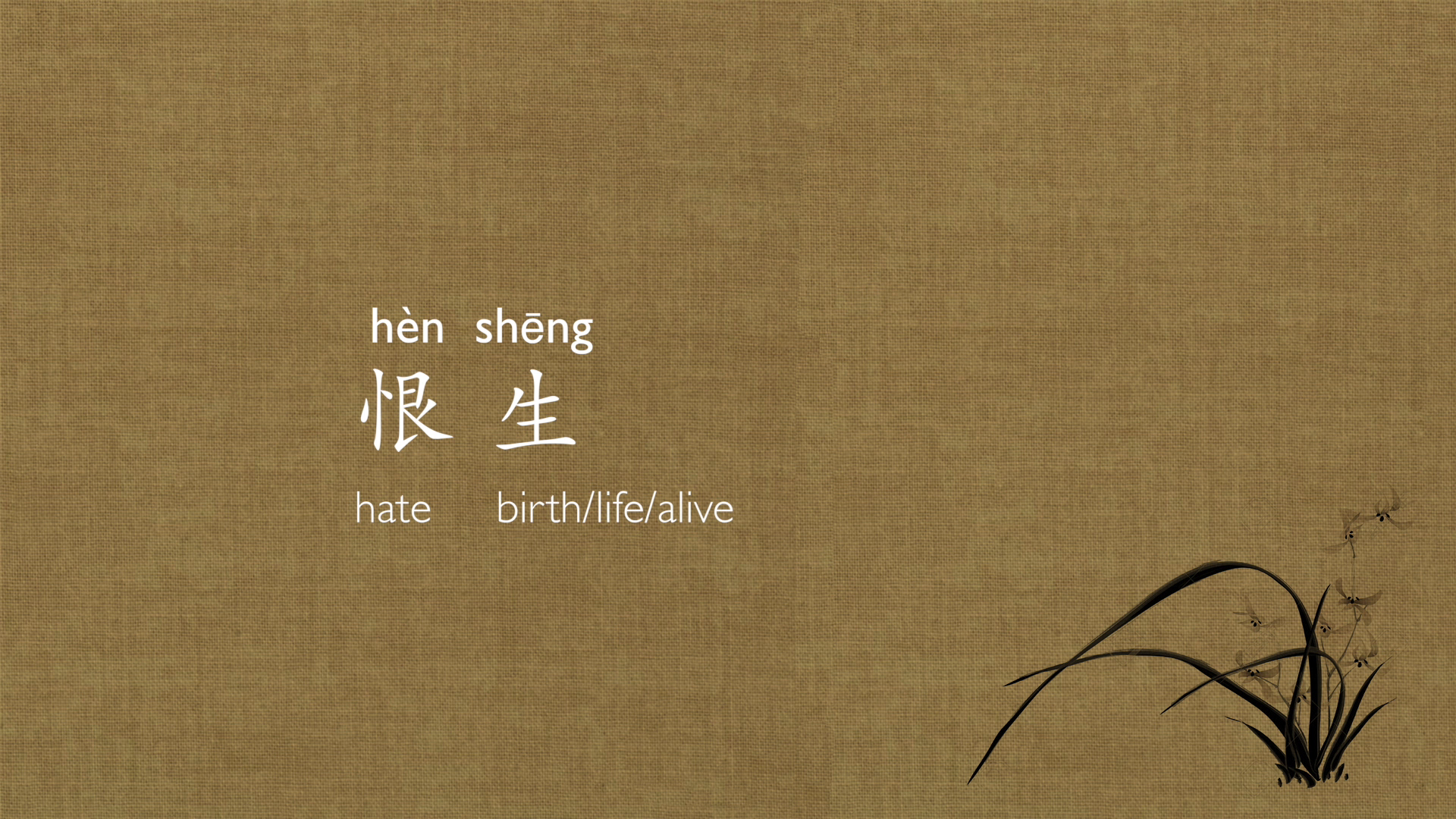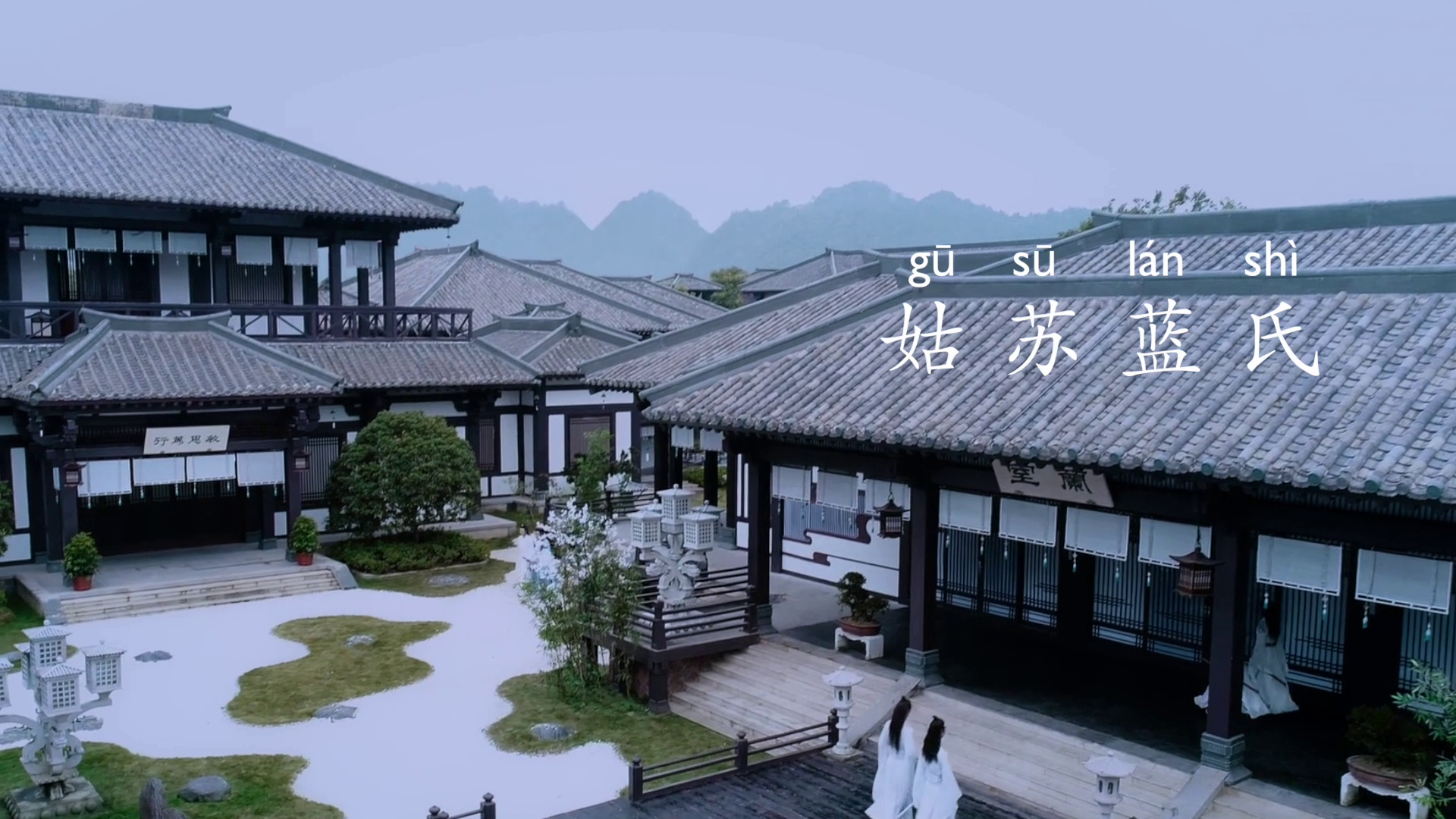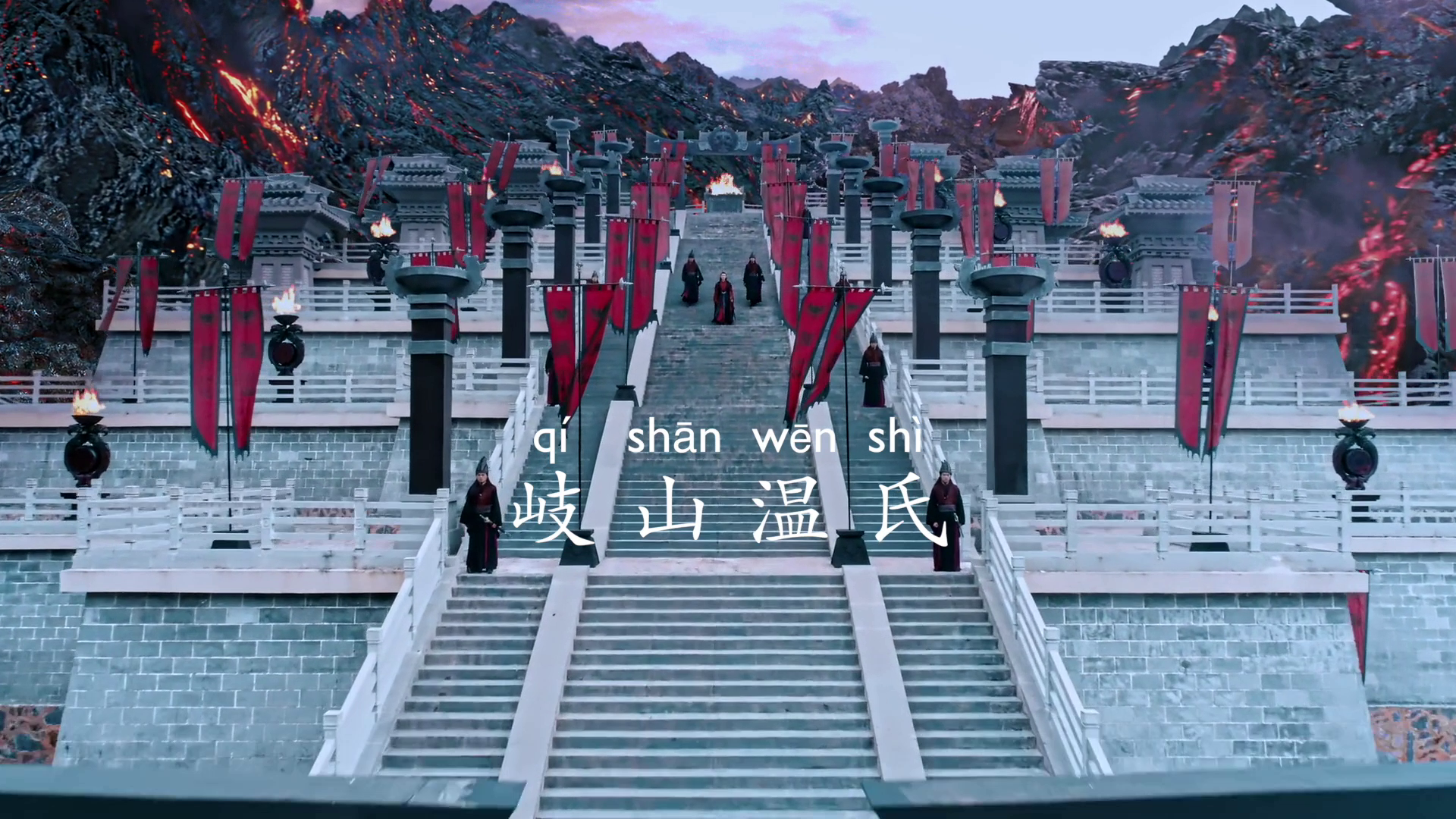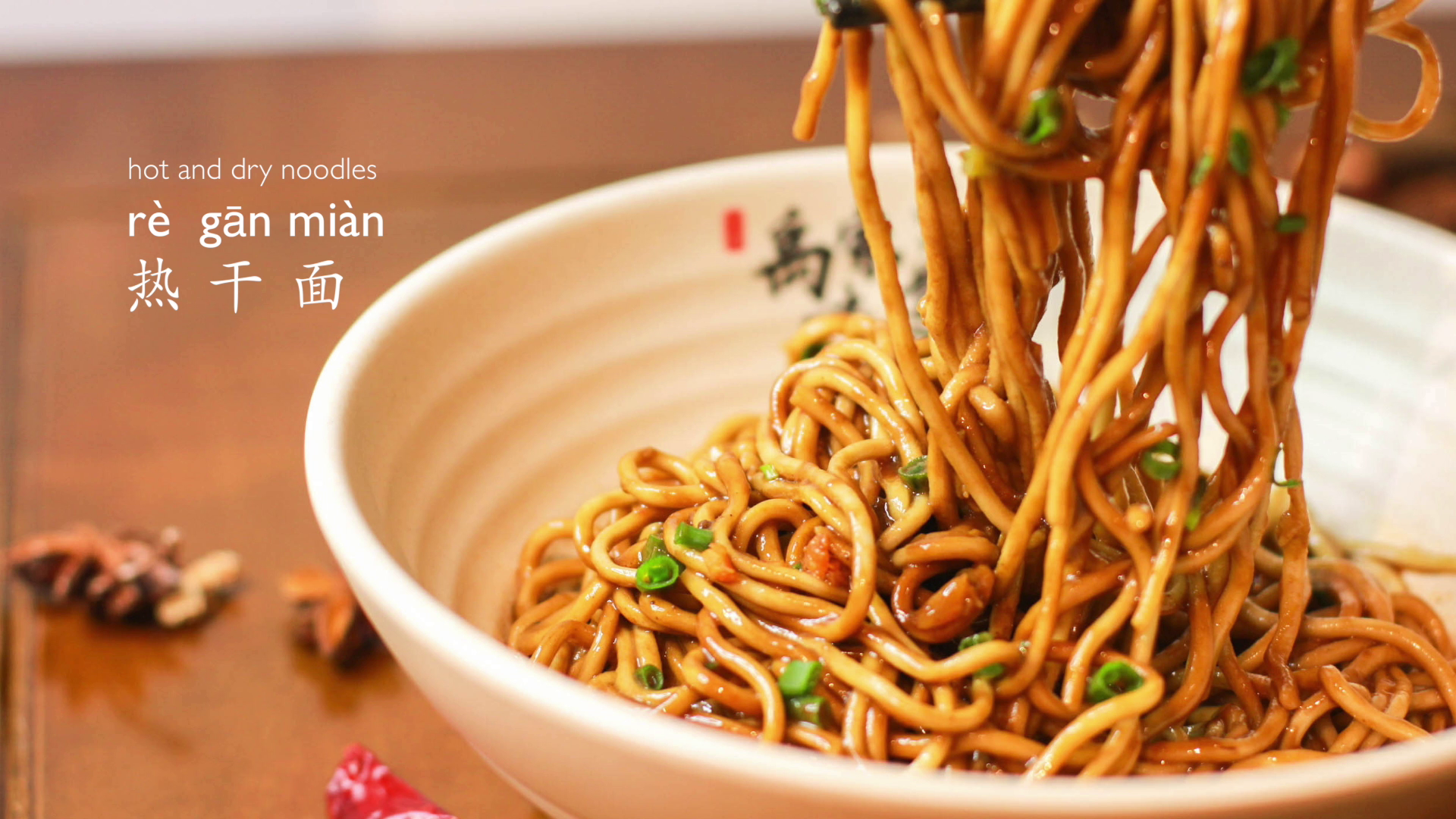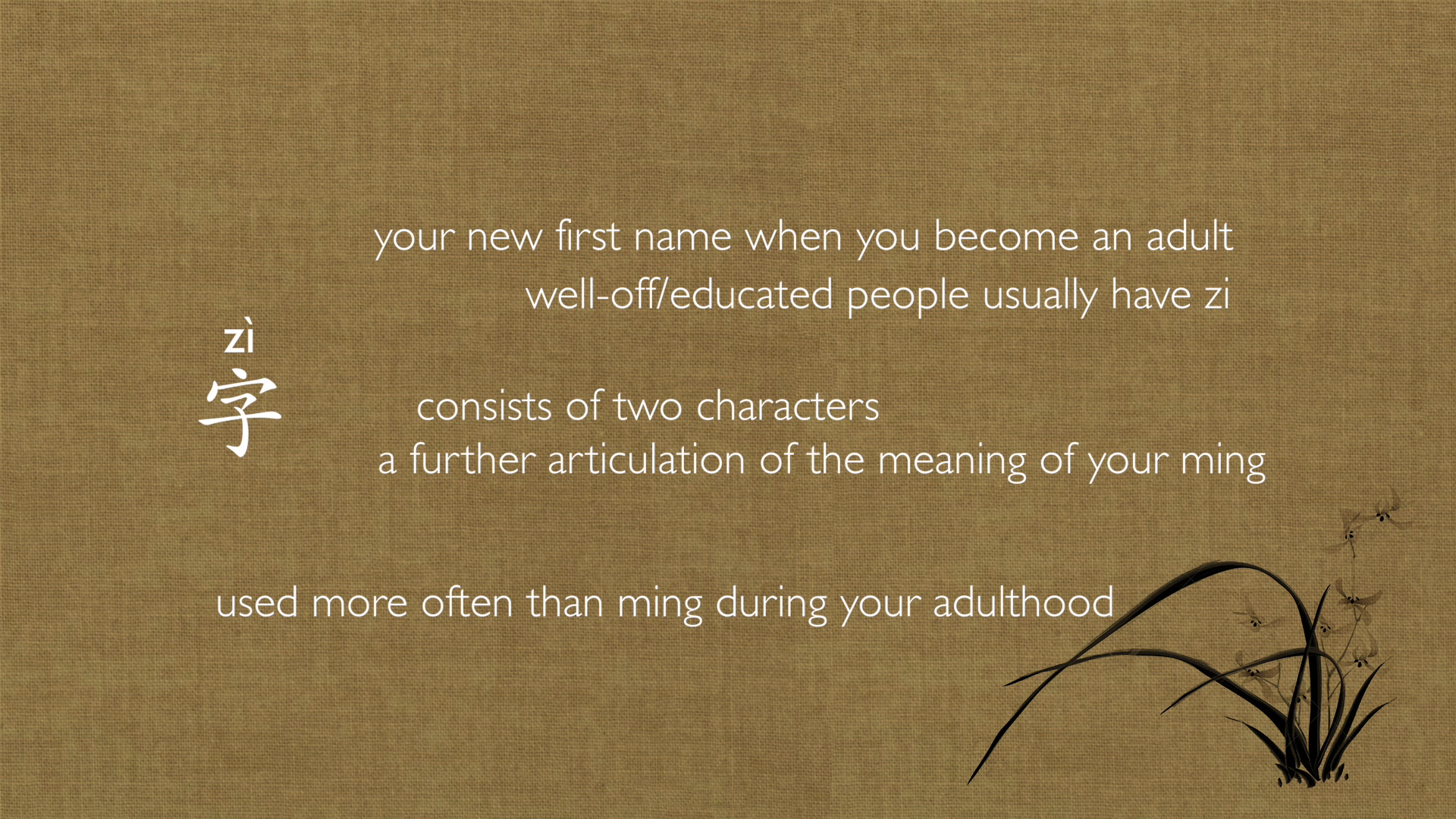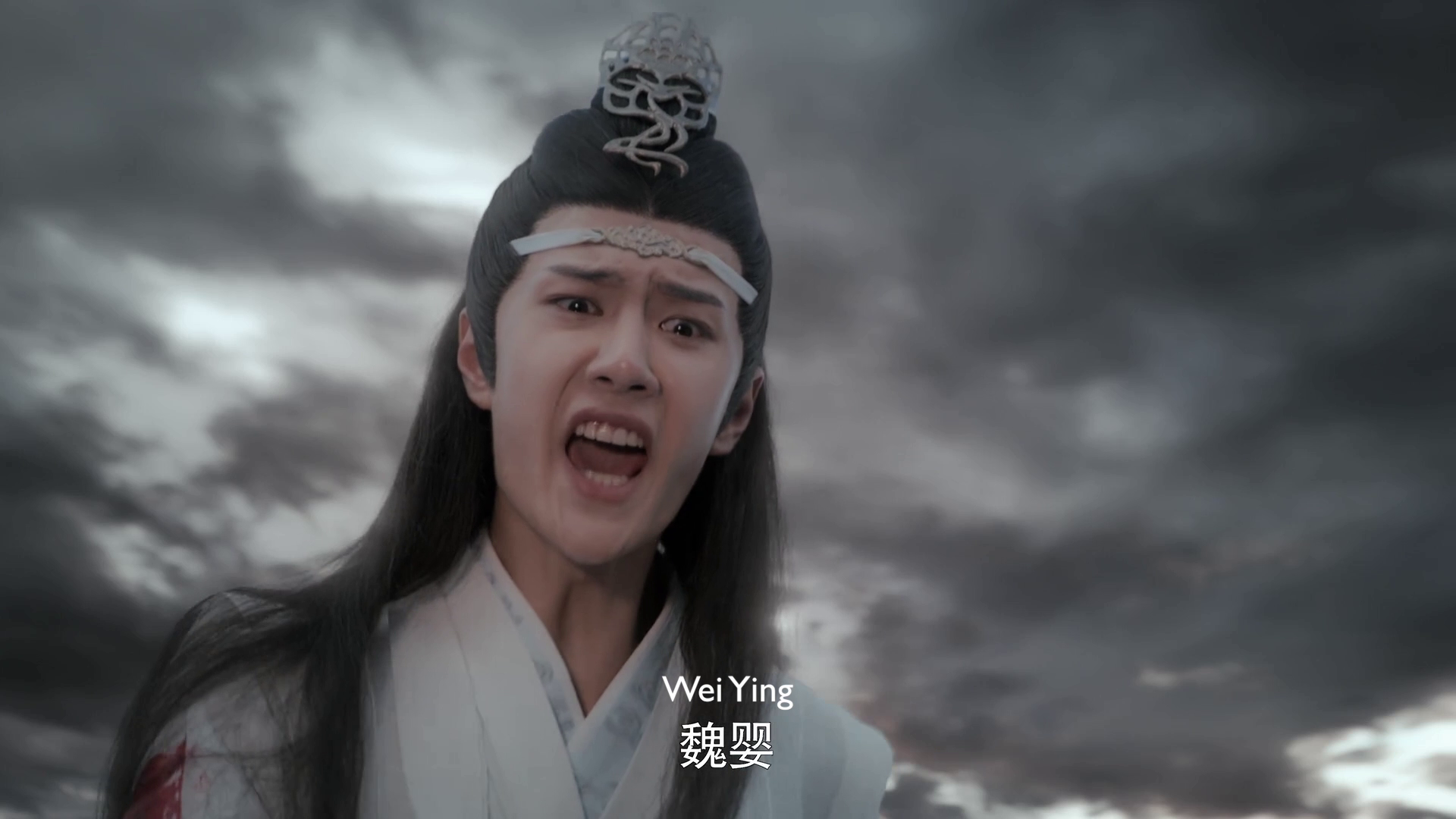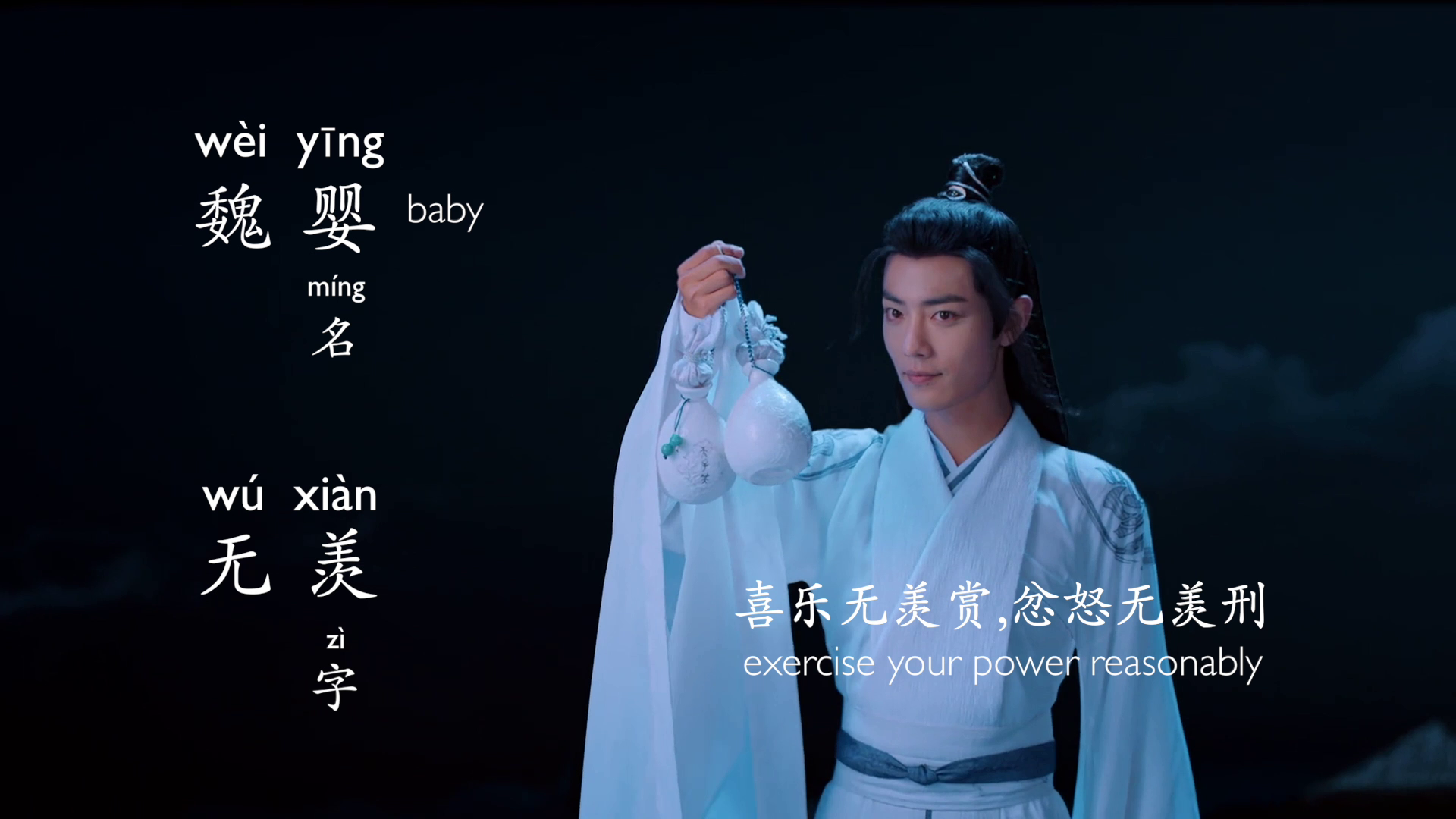Although the drama Wangji had three years more to suffer, at least he was there in Wei Wuxian’s last moments. He held his hand and tried to rescue him, he heard him saying “let me go” and he knew at least Wei Wuxian died knowing Lan Wangji truly cared about him.
When you know someone is dead and gone, no matter how painful it might be, death is merciful in the way that it is final, assured, leaves no room for argument or false hope. When Lan Wangji got whipped to a human pâté, he could at least take his physical wounds together with his mental wounds into his long period of seclusion, which essentially gave him all the privacy he needed to grieve on his own.
But for the book Lan Wangji, it’s not hard to imagine during however much time of not being able to get out of Cloud Recesses, he must be dying to see Wei Wuxian. While lying there in excruciating pain, he must have also been tortured mentally by the sense of longing. Yet eventually the reality that greeted him was such a cruel one. All those accumulated emotions were rendered irrelevant, never to be expressed to their intended receiver. Lan Wangji didn’t even get to say goodbye, didn’t know what exactly took place on the day Wei Wuxian died. He only needed to think about any one of those past days, remembering at that moment Wei Wuxian was still very much alive, if only he could be by his side.
That, must be a total nightmare to go through, and upon hearing the news of Wei Wuxian’s death, the world around Lan Wangji at the were all cheering for the death of YiLing Patriarch, as the second young lord of the Lan Clan, a perfect role model for all the cultivation clans to follow, he literally just got the worst blow in his life and he couldn’t even show it.
Life is very unkind to the book Lan Wangji indeed.

